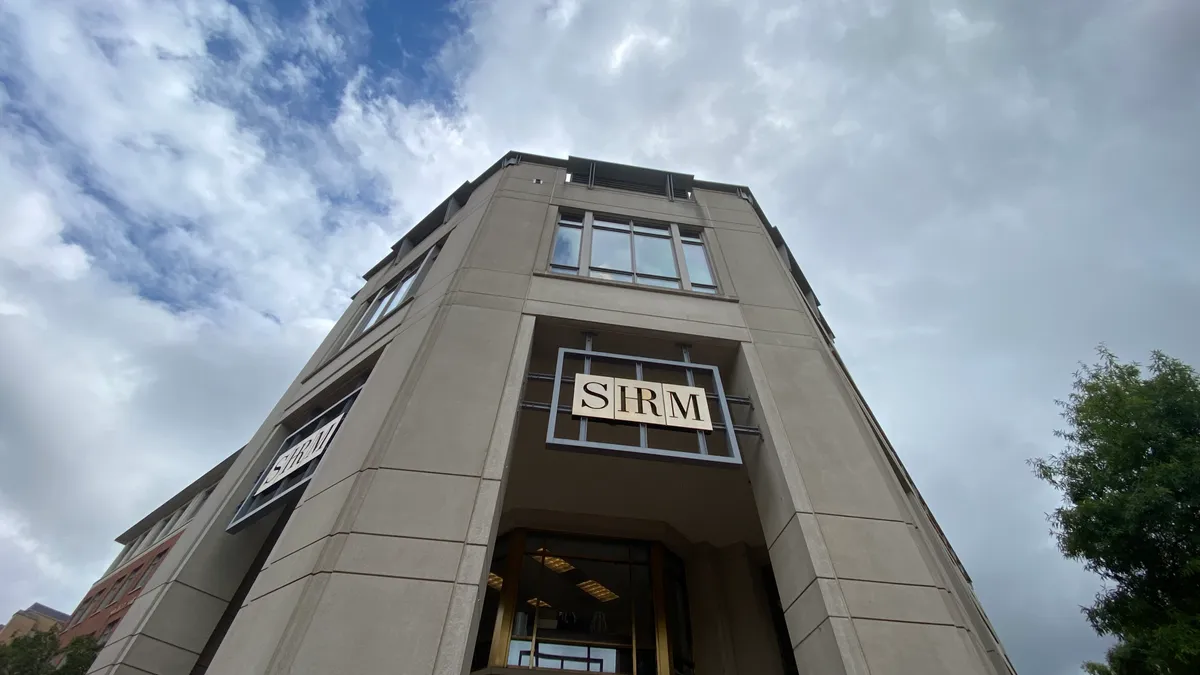Dive Brief:
- Students who tolerate cheating are likely to overlook misconduct in the workplace later on, according to a study of 250 undergraduate marketing students at California State University San Marcos and San Francisco State University.
- Study results showed that group-oriented students, whom the authors said prioritize group cohesion, are more likely to overlook unethical behavior than their individualistic counterparts.
- The researchers highlighted that their survey measured "individual attitudes shaped in part by culture." "Just because a student is part of one culture doesn't mean they'll be more tolerant of cheating," said San Francisco State Professor and Chair of Marketing Foo Nin Ho, a co-author of the study.
Dive Insight:
HR leaders typically are charged with acting as the ethics czars in their organizations; after all, they draft and enforce practices and policies for maintaining integrity. This is an area in which HR may need to double down, however. According to a recent report from the LRN Corporation, a third of publicly held companies had codes of conduct below the guidelines set by the U.S. Department of Justice, New York Stock Exchange and Nasdaq.
It's not enough to have ethical practices and policies in place if employees are unwilling or afraid to report misconduct they witness in the workplace. HR leaders can take several steps to encourage workers to complain about unethical behavior, experts previously told HR Dive. These steps include making use of anonymous tip lines and third-party ethics hotlines that employees can use without fear of retaliation.
Managers have a role in ensuring proper workplace behavior, as well, according to research from San Diego State University. The study concluded that managers can uphold high standards of behavior by reining in undesirable employee behavior that creates toxic workplaces, such as belittling, criticizing and otherwise abusing coworkers.













